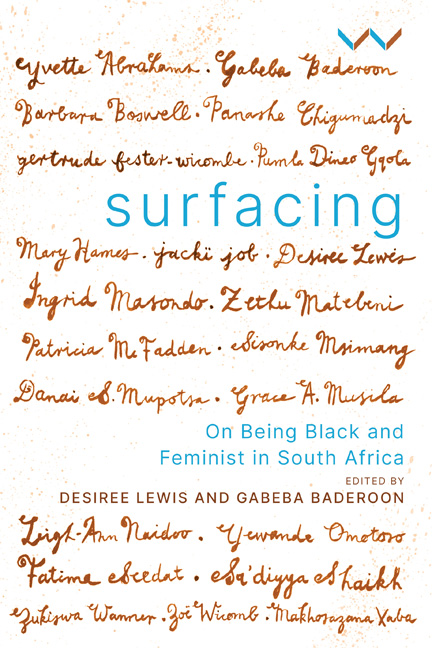Book contents
Chapter 7 - ‘Who Do You Think You Are to Speak to Me Like That?’
Published online by Cambridge University Press: 15 April 2021
Summary
Where I come from, expecting obvious answers is evidence of a complete lack of imagination. Indeed, questions are asked, either out loud in public spaces or silently through tears. One often asked out loud by my mother that rendered me to tears was, ‘Who do you think you are to speak to me like that?’ She asked this when she was angry, and she was angry often. Any attempts at answering her question were seen as disrespectful backchatting which exasperated her even more. ‘What must people think? That's not how a lady behaves’ would inevitably follow. Now, I realise that she possibly diverted her hurt and self-derision by placing the onus of her identity onto me. Then, providing a satisfying, compliant response felt crucial. In fact, I took her words literally and really began to think. Just who do I think I am? What do people actually think? And, how exactly does a lady behave?
Growing up, how and who I thought I should be were determined by two elements: family and religion. As the interrelationships in my family were framed by being Jehovah's Witness, my world view was ultimately defined by its tenets. Our religion signified the truth. In fact, Jehovah's Witnesses name it as such and, by design, this truth, as well as their insight of the scriptures, defines them as different and separate from everyone else. The truth, as purported by the religion, develops a particular self-imaginary, embodied in a mode of behaviour and enforceable public performance that ultimately shape a distinct understanding of oneself, others and the surrounding world. To support their assumed privilege as God's chosen people, Jehovah's Witnesses cultivate strategies of reasoning to turn others towards their perception of the world and purpose in life. For them, this is the way of the truth.
As an artist who has used and understood the body as a pivotal medium for creativity, I always wondered about the meaning of authenticity, particularly from unprescribed alternative perspectives of the human body. Thus, thinking about how to embody truth deeply impacted my life. Thinking, which I see as a process that shifts perceptions in between and across the body's sensibilities of sight, sound, smell, taste and touch, triggered unexpected notions and means of self-identification in my mind. Before long, my imagination moved beyond the frameworks of family, religion and its ecclesiastical tales.
- Type
- Chapter
- Information
- SurfacingOn Being Black and Feminist in South Africa, pp. 100 - 118Publisher: Wits University PressPrint publication year: 2021



